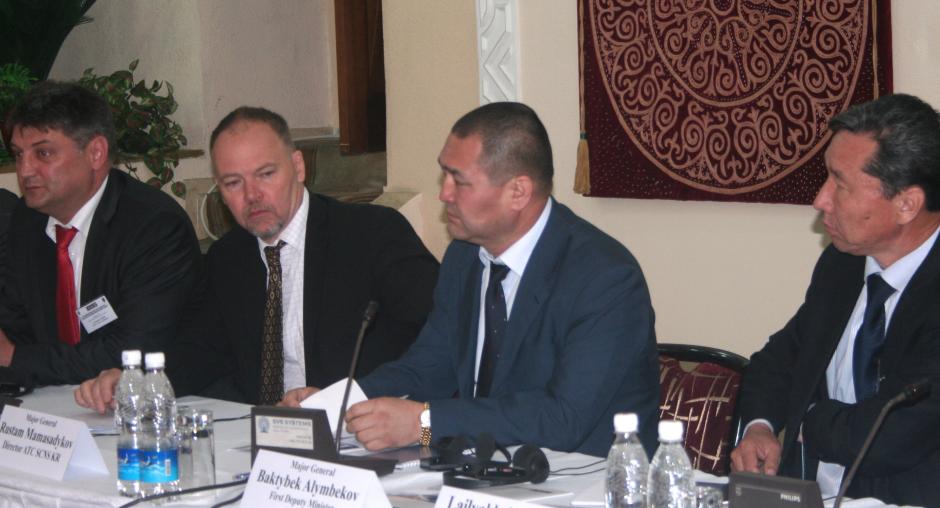OSCE supports discussion on countering terrorist radicalization

An OSCE-supported seminar on countering violent extremism and radicalization that leads to terrorism took place in Bishkek on 28 and 29 May 2012.
The event was organized by the OSCE Centre in Bishkek in co-operation with the Transnational Threats Department of the OSCE Secretariat.
The purpose of the seminar was to discuss radicalization, the underlying factors conducive to terrorism, and how to effectively prevent terrorism through state policies and the involvement of different authorities and civil society actors.
“Countering terrorism requires a comprehensive approach,” said Anders Troedsson, the Acting Head of the OSCE Centre in Bishkek. “It is vital not only to counter manifestations of terrorism, but also to identify and address the circumstances that might lead to its development.”
“Law enforcement agencies play a key role in combating security threats, but an effective prevention of terrorism requires them to engage with local communities, civil society, and to work as part of a broader government response,” he added.
Major General Rustam Mamasadykov, the Head of the Anti-terrorism Centre and the Deputy Chairperson of the State Committee on National Security, welcoming the contribution of international and foreign experts to the discussion, said: “Today, the phenomena of terrorism and violent extremism are exceeding national borders, obtaining increasingly global character. We all came to an understanding that there is no alternative to global anti-terrorist co-operation. In a democratic society, violent extremism and terrorism must not be perceived as a normal thing; we must work together to help ensure that these phenomena are strictly rejected by the society as unacceptable”.
Colonel Taalaibek Akbaev, the Head of the General Directorate of the Interior Ministry of the Kyrgyz Republic, added: “Several hours or even minutes are sometimes enough to prevent a terrorist act. However, in order to effectively prevent terrorism and strike the phenomenon out from our future, intense and comprehensive work of all society members is required.”
This event brought together around 50 representatives from state authorities and civil society in Kyrgyzstan, as well as foreign and international experts who shared lessons learned and good practices in countering terrorist radicalization while upholding human rights and the rule of law.
